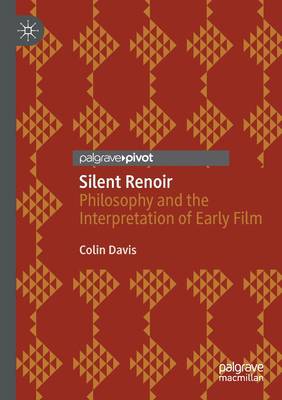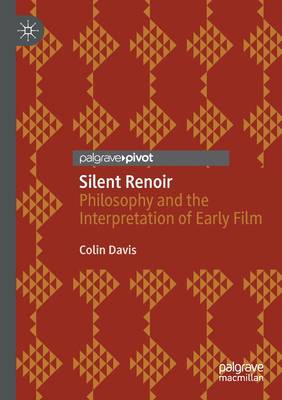
- Retrait gratuit dans votre magasin Club
- 7.000.000 titres dans notre catalogue
- Payer en toute sécurité
- Toujours un magasin près de chez vous
- Retrait gratuit dans votre magasin Club
- 7.000.000 titres dans notre catalogue
- Payer en toute sécurité
- Toujours un magasin près de chez vous
Description
Jean Renoir (1894-1979) is widely regarded as one of the most distinguished directors in the history of world cinema. In the 1930s he directed a string of films which stretched the formal, intellectual, political and aesthetic boundaries of the art form, including works such as Le Crime de Monsieur Lange, La Grande Illusion, La Bête humaine and La Règle du jeu. However, the great director's early work from the 1920s remains almost completely unknown, even to film specialists. If it is discussed at all, it is often seen to be of interest only insofar as it anticipates themes and techniques perfected in the later masterpieces. Renoir's films of the 1920s were sometimes unfinished, commercially unsuccessful, or unreleased at the time of their production. This book argues that to regard them merely as prefigurations of later achievements entails a failure to view them on their own terms, as searching, unsettled experiments in the meaning and potential of film art.
Spécifications
Parties prenantes
- Auteur(s) :
- Editeur:
Contenu
- Nombre de pages :
- 142
- Langue:
- Anglais
Caractéristiques
- EAN:
- 9783030630294
- Date de parution :
- 19-02-22
- Format:
- Livre broché
- Format numérique:
- Trade paperback (VS)
- Dimensions :
- 148 mm x 210 mm
- Poids :
- 190 g







